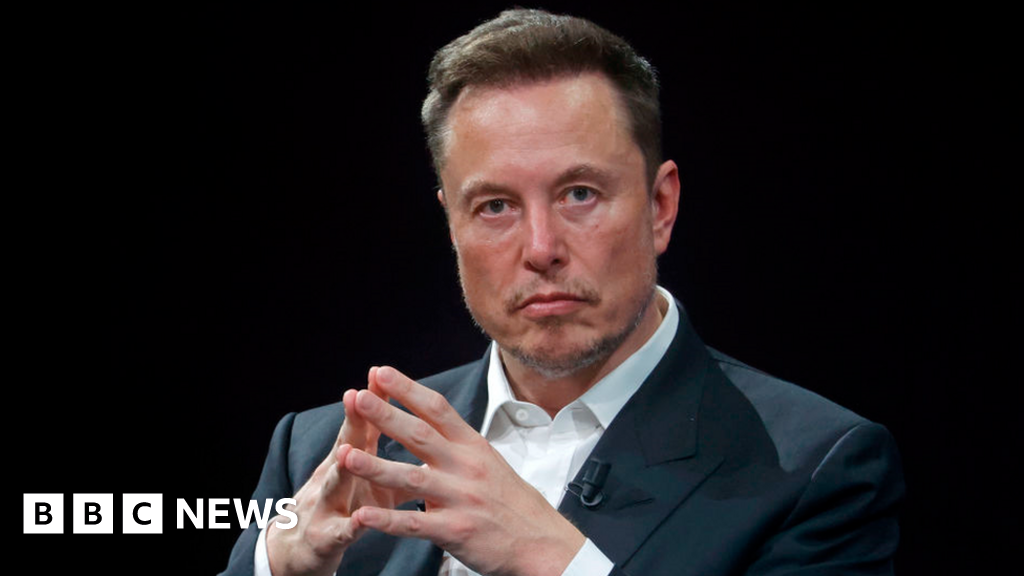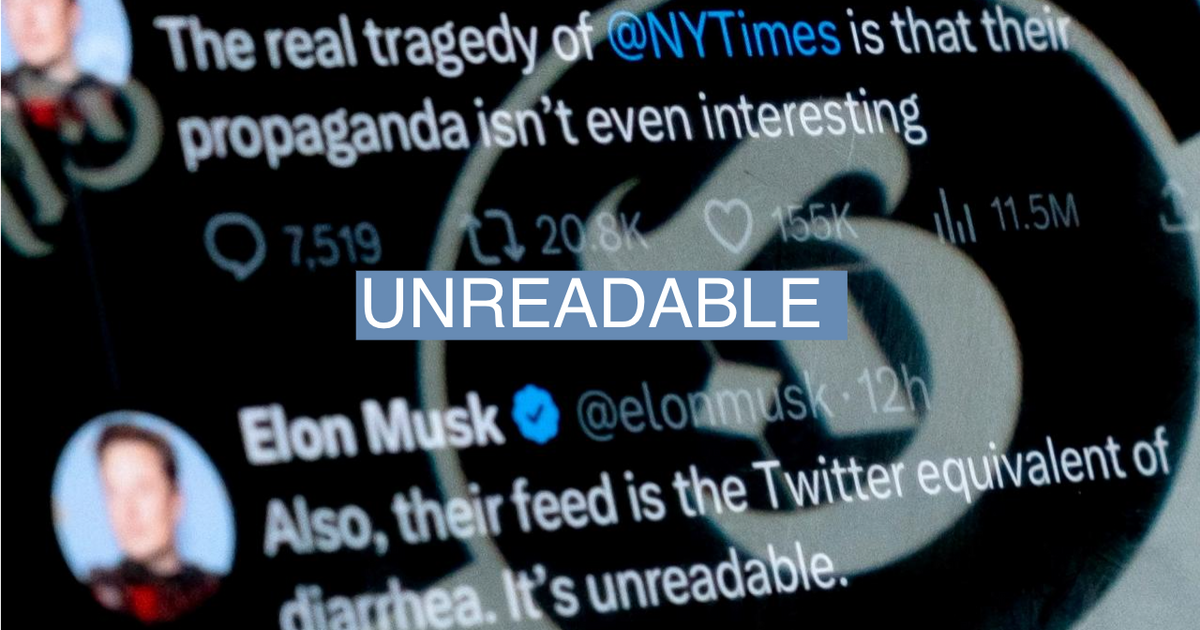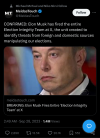Definitely, but big business has more incentive to keep people happy than big government. Generally speaking big government can keep citizens in line through threat of force. Generally speaking big business is about keeping consumers happy and buying their product through selling them goods and services that make them happy, they generally can't rely on force. I say generally because there have been times throughout history when large businesses were big enough that they used force to ensure they had no significant competition in their area.
Of course, it's not all wine and roses with big business, unfettered it's easy for them to abuse their workers. But throughout history (at least in the US) that tends to be the outlier rather than the norm. Yes you can save money by abusing your workers, but you can also save money by treating your workers well and having them be more productive. Which way any given business went depended on the mentality of the head of the business.
Of course, as with everything there's a bit of recency bias. And all I have to do is compare living conditions in the 70's (huge government oversight and massive regulation of industry and absolutely dismal quality of life) to the 80's and 90's (fewer regulations and less government oversight and significantly improved quality of life) to now (a move back towards 70's era oversight and regulation of industry and quality of living is also rapidly deteriorating).
Nothing is perfect. In all cases, you have to pick your poison. Small government + small business, for example, certainly has its attractions but even that isn't without drawbacks. Cost of goods and services for consumers is significantly higher without big business and the efficiencies enabled at that level of operation. OTOH - smaller businesses are more nimble at reacting to a changing landscape.
Regards,
SB
The same way businesses are under market pressures of consumer choice, governments are under political pressures of voters choice.
In practice, us plebs are chosing between two or three nearly equally shitty viable political parties, or between two or three quasi monopolies of corporate conglomerates. They both manifest the same corrosive phenomena: consolidation and concentraton of power, accelerated by their ensuing reinforsemenr feedback-loops.
One point in which I concede the free market scores a point over democratic system is that we vote with our money in way more frequent and granular maner than we get to do through elections and plebicites.
The truth is both big business and big government eventually form an unwrittent mutually-beneficial aliance. Big companies fund big parties, and big parties apease big business.
I can't point to a perfect solution, but at least the general direction that seems to at least retard the speed of that movement is fragmentation. Buy from small, local businesses, avoid monopolies and give left-field political parties and candidates a chance / rely less on centralized governmental agencies and more in bottom up grass roots organizations (unions, cooperatives, guilds, non-profits, etc...) Those are often less convenient, though, so as good the bitches that we are, we rarely opt to them. I include myself as guilty for conceding to convenience way more often than I should.
Last edited:




